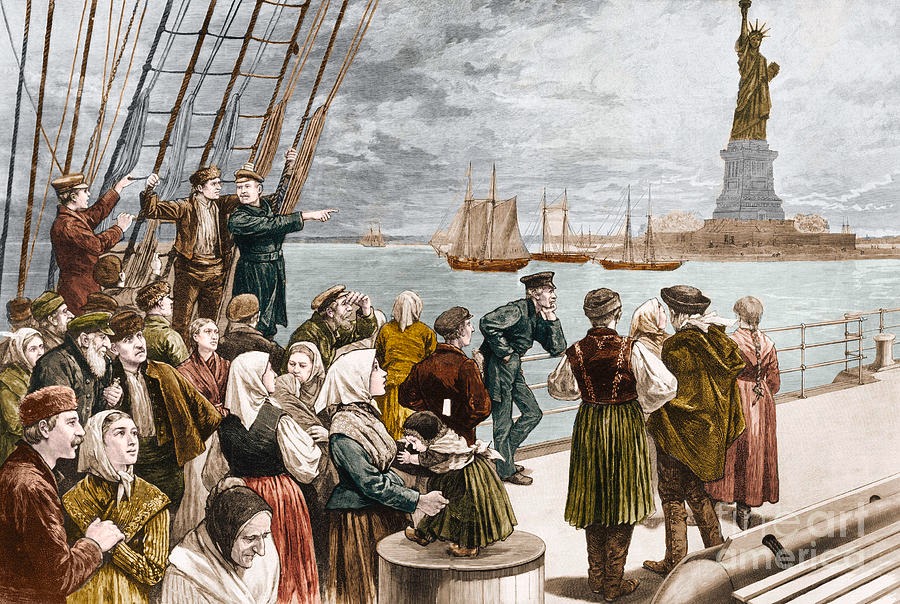The 2024 U.S. presidential election is shaping up to be a tightly contested event, with the Republican Party's prospects generating significant attention. Polling data from sources like FiveThirtyEight, RealClearPolitics, and Gallup highlights fluctuating approval ratings for the Biden-Harris administration, hovering between 40% and 45% over the past year. Historically, incumbents with ratings below 45% often face tough re-election campaigns, and economic issues appear to be pivotal in this cycle.
























